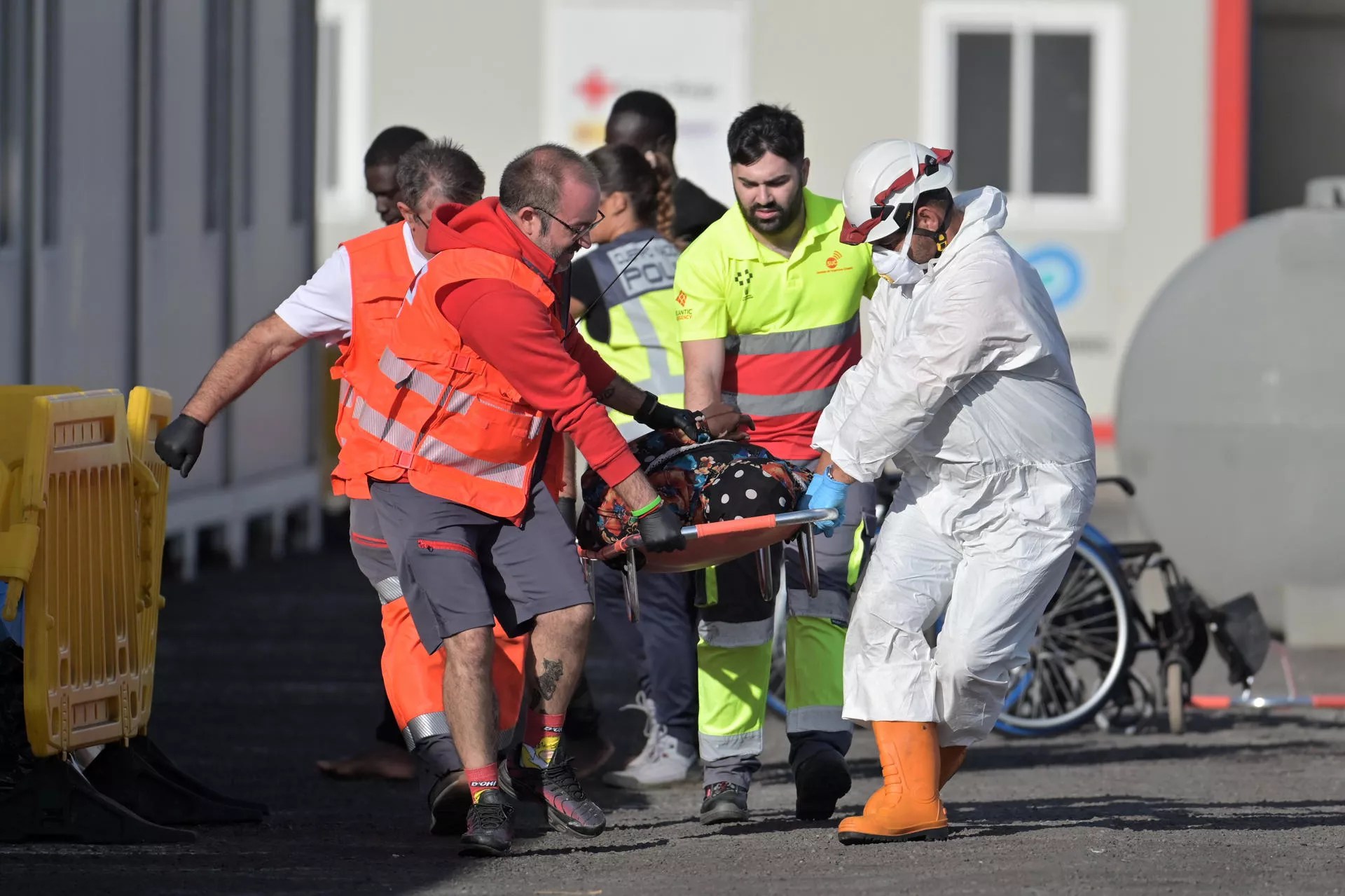The Island Council of Tenerife is advising residents to adhere to health guidelines in light of the heatwave affecting the island. The State Meteorological Agency (Aemet) has issued a yellow alert for the island due to the anticipated high temperatures in the upcoming days, which could rise above 34 degrees Celsius, particularly in inland regions and along the southern coast. This situation has prompted authorities to implement precautionary measures to safeguard the health and welfare of the population.
Rosa Dávila, the President of the Cabildo de Tenerife, emphasises that “it is vital for residents to recognise the risks associated with these temperatures and act responsibly to prevent health issues and potential wildfires.” She also urges the public to report any risky situations or signs of smoke by dialling 112.
The Cabildo is urging residents to heed the advice of health authorities, which includes staying well-hydrated (even when not feeling thirsty) to prevent dehydration, using sunscreen, sunglasses and wearing light, breathable clothing, seeking shelter in shaded areas, and reducing outdoor activities during the hottest hours (between 12:00 and 16:00). In terms of caring for vulnerable individuals, special attention should be given to children, the elderly, and those with chronic illnesses, who are more susceptible to the impacts of extreme heat. Alongside health precautions, the Cabildo also highlights its implementation of level 1 measures in response to the forest fire risk declared by the General Directorate of Emergencies of the Canary Islands.
The prohibition on lighting fires in recreational and outdoor areas (such as barbecues, bonfires, gas stoves or cookers) remains in effect, as well as the use of any machinery or equipment that could generate sparks (like brush cutters, welding tools or radial saws), and the use of pyrotechnic materials in high-risk zones. Smoking is banned in recreational areas, camping sites, campsites, trails, viewing points, and other public facilities situated in mountainous regions.
The population is advised against discarding lit cigarette butts or matches, whether while walking or from car windows, as well as refraining from launching rockets, firecrackers, fireworks or other fire-containing devices in hazardous areas, even in open fields, agricultural lands and especially in residential areas surrounded by forests. Additionally, stress is placed on the importance of not leaving litter or waste in wooded areas, and to utilise waste collection services and appropriate bins. Further recommendations for residences located in the interface zone include maintaining clean surroundings, trimming branches that touch house facades, having basic firefighting tools ready (such as hoses, axes), and a water reserve.
















